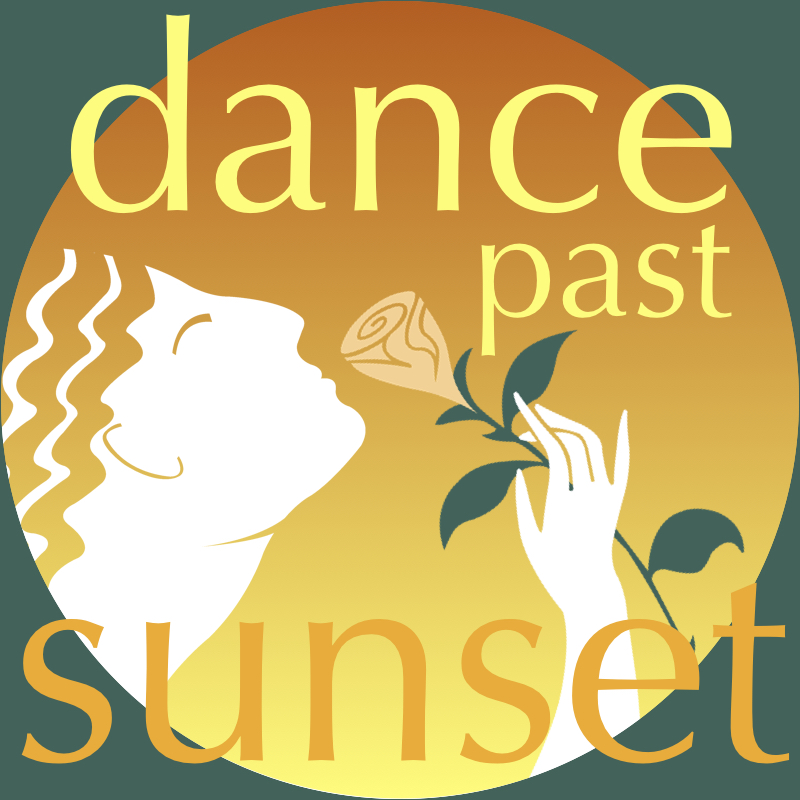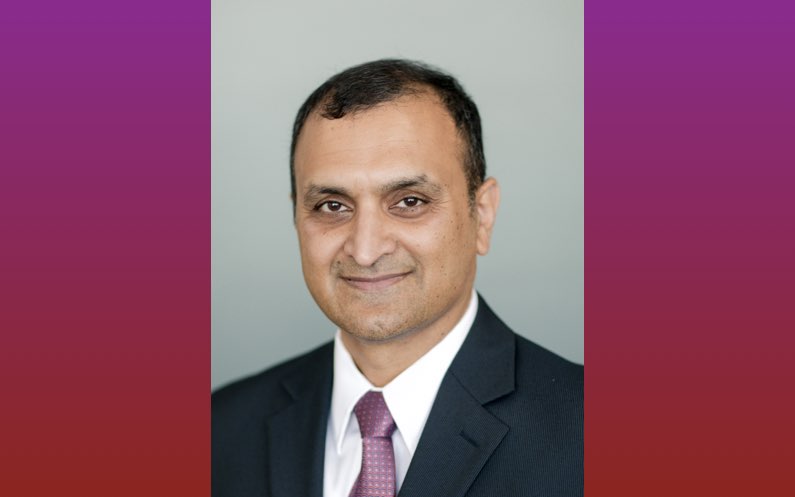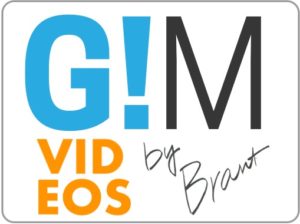Show Overview
How can Boomers save thousands on medical procedures like joint replacement, orthopedic surgery, and even weight loss surgery? Take a trip to the beach, and even get your boss to pay for it! This is next show in my series on ways boomer’s can cut expenses and save money while continuing to live high quality lives.
We all know medical costs and insurance premiums are soaring. They take a big bite out of my budget, and I’m guessing they do yours too. That’s why I caught up with a former IBM colleague Rajesh Rao, founder and CEO of Indushealth, a leading provider of corporate medical travel administration services, to tell us about how we can save thousands of dollars on medical procedures that are common to older adults. You’ve probably heard about medical tourism on ABC, NBC and the mainstream news, but here to tell us how could work for you is my friend, Rajesh Rao.
Learn How Medical Tourism Saves You Money. Plus:
- How an employee knows if their employer is self-funded or not.
- The most popular treatments are: Joint replacement, joint repair (orthopedics); bariatrics and weight loss surgery; back and neck (neurosurgery); hysterectomy
- How much less is it? Two to four TIMES less than in the US.
- How employees can save money and even put cash in their pockets form of an incentive check when employers SHARE the savings!
- Where the best of the best care is offered with a healing environment. Hint: They all have beaches and are Joint Commission Accredited Hospitals!
- How the employer mitigates the fears of Americans concerned about the foreign experience with peer reviews, word of mouth.
- My favorite examples of how to start a movement: Derek Siver’s Ted talk
- Treatments outside the US are offered as an ADDITION and not a replacement. Employee has a choice, and some patients need specialized care in the US
- How about recovery after the surgery? Typically stay 5-7 days after surgery. Monitored very carefully, often better than in the US.
- How does the local medical profession react to a patient who has had work done O-US? Most primary care physicians don’t care because it does not take bread off their table; specialists could react poorly, but they are usually out of the loop by then.
- Some of the resources available to the patient that help them make the decision.
- Nurse case managers are there to assure the patient and “hold their hand” through the process, make arrangements, help get passport, buying tickets, preparing them for what to expect at the airport, meet them on the other side.
- What is the role of family caregivers in the process?
Share the Love!
Your quick review on iTunes would help me a lot. It’s as easy as ABC! Just…
A) Look for the gold “Review Brant’s Show on iTunes” button below. Click there.
B) Then (in iTunes) click on “View in iTunes.” It’s the blue button under the iTunes logo. That will open iTunes. Finally;
C) Look for the “Ratings and Reviews” tab. Click there and work your magic!
Presto and grazie!

Dance Podcasts You Might Like
I Am a Racist
Travel is fatal to prejudice, bigotry, and narrow-mindedness, and many of our people need it sorely on these accounts. Broad, wholesome, charitable views of men and things cannot be acquired by vegetating in one little corner of the earth all one's lifetime.
Mark Twain
I often hear nowadays, people being accused.
“He’s a racist.”
“She’s a racist.”
“Trump’s a racist.”
“So and so’s a racist.”
What I have yet to hear is: “I am a racist.”
So let me be the first.
I am a racist.
Yes.
I see the ugly thing, creeping around my soul like a roach in the kitchen. I squash it, but sometime later, there it is again.
I know there is a nest somewhere, eggs hatching, a source deep within me, hidden away where it’s easy to deny. There is where I'll find the library of my false beliefs, the lies I tell myself over and over, so often they become grooves cut into my gray matter, like fissures in rock where the water runs down, cutting deeper and deeper, until fissures become swales, and swales become canyons.
When did the first racist raindrop fall? I don’t know. As a child, for sure. How many drops of poison does it take to pollute the vessel of pure water of which we are born? When, exactly, does a person become a racist, and who gets to decide?
I don’t know, but then, neither does anyone else.
I don’t believe in permanence. That’s one thing the Buddhists have taught me.
Everything changes.
We can become aware of that library of false beliefs, that nest of nasties that colors our perception of things, often for the worse. Awareness alone brings change. We can cut new grooves. My challenge as a human being is not to deny that I am a racist, for that would be as foolish as denying I have cancer when I really do. My challenge is, rather, to stop the cancer from metastasizing and poisoning the whole man.
I doubt I will ever fully eradicate my racism. Unfortunately, I suspect some vestige of it will always be with me. But what I can do, and what I do do, is expose myself to experiences that lessen my racism, those being travel, kind and honest conversation, and breaking bread with “the others” whenever I can. These experiences, like wind and rain, smooth rock and, over time, lay low even the highest mountains.
So when I hear the angry crowd shouting, "He’s a racist,” I want to ask:
“Who among you is not a racist? Stand up then and take a bow...for you are surely a god.”
I moved to Substack!
Hi there. If you've read this far, then you enjoy, or are at least intrigued by, my ideas. If you want to learn more, jump over to my new website on Substack, where I continue to write about travel, the second half of life, and other mad musings.


